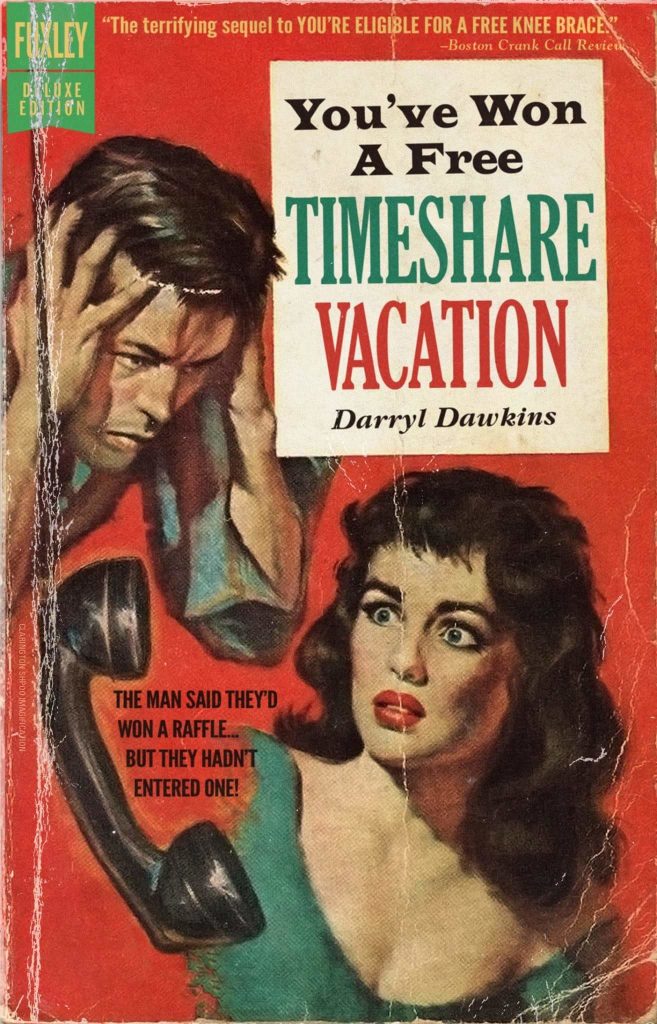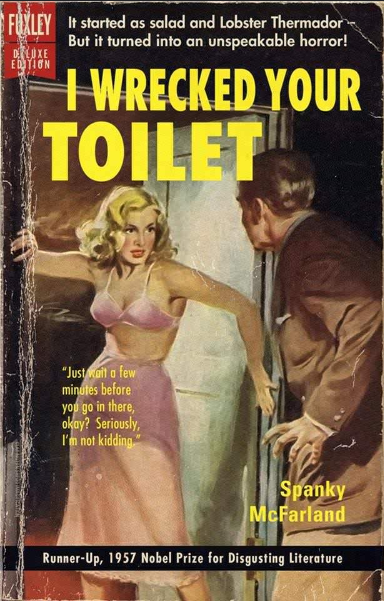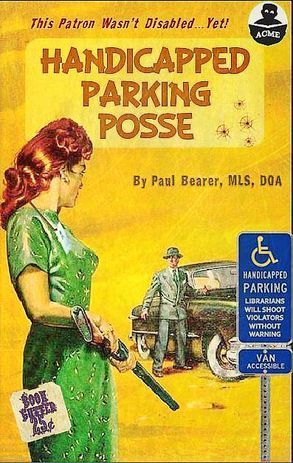Yes, there are so many book titles for people on the internet and social media that it has its own entry, separate from the plain “self-help” category.

Trolling is part of “The Big Book of Online” series, of which this entry has various selections. Trolls are defined as persons or bots who post messages which is designed to inflame and incite to online chat groups, be it Twitter, Facebook, 4Chan, Reddit, or any other online chatroom.
I will give you one bit of advice that will save you from having to read this book: Don’t feed the trolls!
Trolls are looking for an audience and prey on anyone with weaknesses and insecurities. They also crave attention to themselves. Don’t give them that attention. Don’t respond to or even refer to their messages. If your chatroom doesn’t have a way to hide messages that you find disturbing, find another chatroom that does. If others are piling on to give reactions the trolls probably deserve, ignore them also, and find non-toxic online places to have the discussions you were hoping to have.

Because if you do, the troll could just dismiss you and other responders as Haters. The idea is to keep everyone upset and attentive to the troll and their ignorant remarks.
The troll then acts as if he or she is entirely unable to allow him or herself to be confused by facts or reason. This might be an act, or this might actually be the case. Either way, the participants slowly realize their time has been wasted and they move on.
That is, until another time when the same troll posts in the same discussion group about something else they know will upset other people. Other kinds of trolls are featured in the following books:
-

Found on sadanduseless.com. -
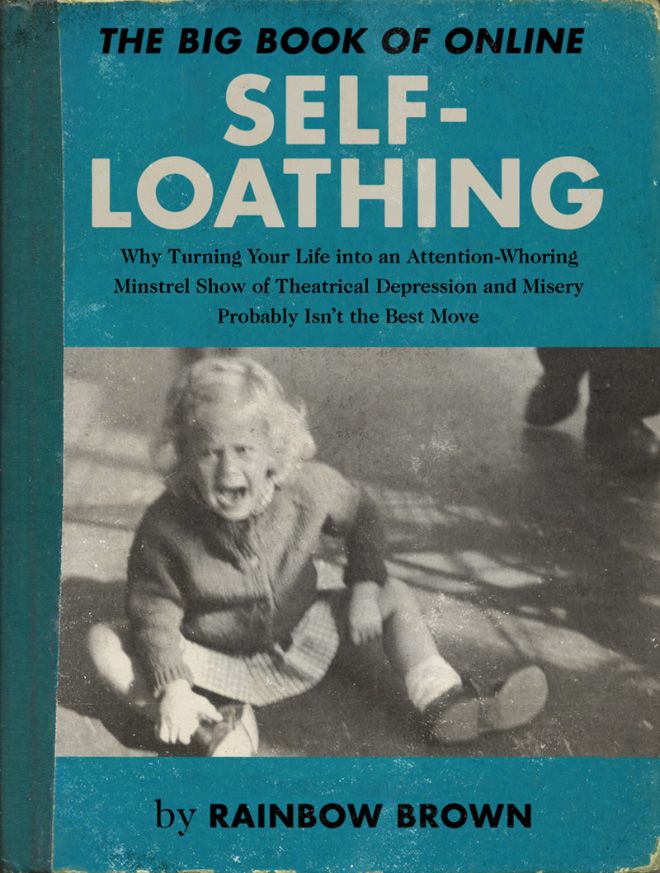
Found on sadanduseless.com. The online world is not a healthy place for airing details of your private life. Find someone you can confide in, preferably in real life; or seek the help of a qualified counsellor. -

Found on sadanduseless.com. This is another form of trolling, but amounts to the same thing. -

Found on sadanduseless.com.

Honey Bunch is a children’s book written to tell a cautionary tale about a little girl who finds her favourite song online and decides to download it. But really, the book is just another annoying extension of the “children are digital natives” trope that contains the myth that small children understand the complexities of what could be going on, on the other end of the internet connection. No. What they understand is: “I like this song and I know I can click on this link to get it.” There are many reasons to not click on that link, which go beyond “the law”. It is possible that she could be downloading a Trojan, or that she is on a website where each keystroke she makes is being logged in a phishing expedition on the part of the website. A small child doesn’t understand the forces at work that causes such corrupt websites to exist, simply because small children do not understand that there are people in the world that can be evil and hurtful; and that small children provide just that infinite amount of trust in the adult world that online predators crave. And I wasn’t even talking about sexual predators. They are open and accepting of what the online world is, but that is why I would say they should not be exposed to the internet until they are past a certain age.
Small children, contrary to online marketing bullshit, do not understand the online world, primarily because they are too naive to understand the world in its real form either. They are just curious little monkeys who click on stuff to see what happens. And they have more spare time than you to do it with. And yes, along the way, they click on stuff that isn’t a web browser, and now they know how to send an email containing daddy’s browsing history to every email address in daddy’s entire address book through Microsoft Office’s Mail Merge, because of what they saw on a YouTube video they randomly clicked on. The irony is that you were trying for weeks to do this with a business letter you were going to send out to a few dozen recipients as part of your job, and couldn’t figure it out. Great job, Honey Bunch!
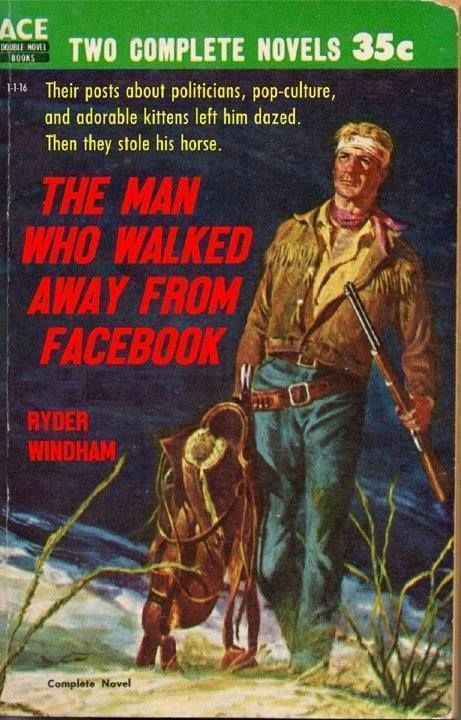
The Man Who Walked Away From Facebook appears to be a story about a cowboy with a Facebook account. It is another cautionary tale about not letting online distractions keep your attention away from your horse. I think.
.
Visits: 101


